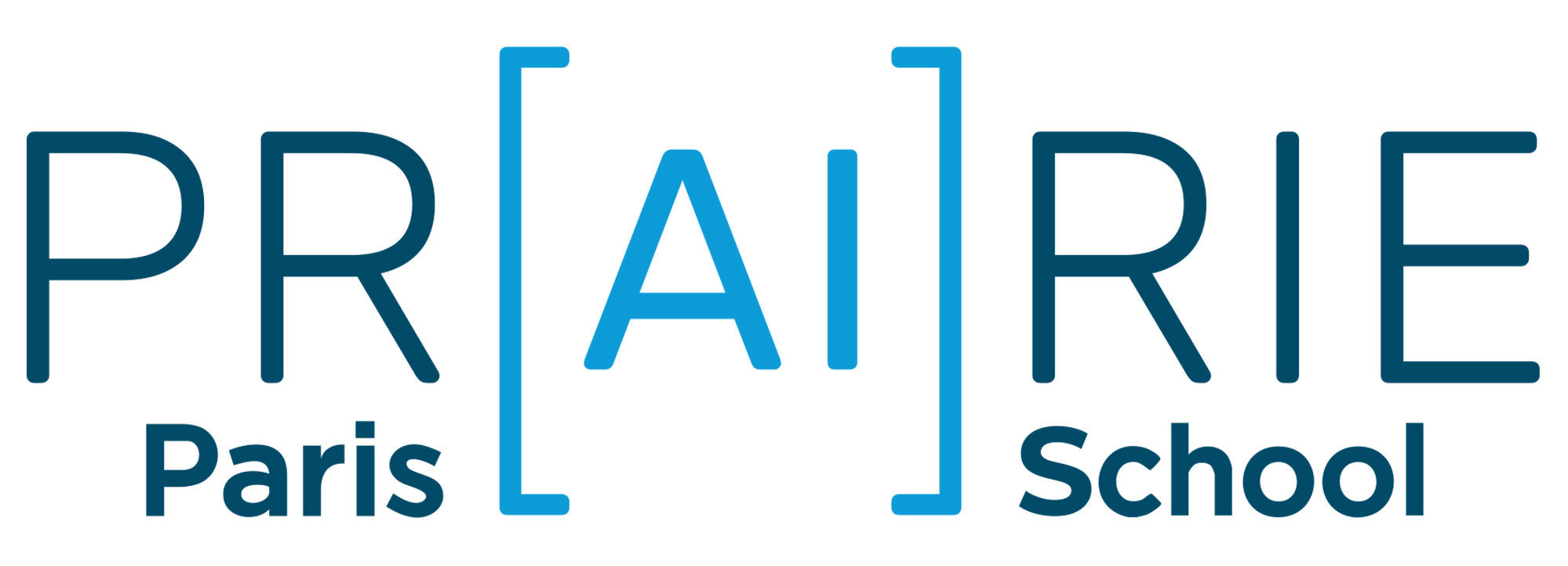Artificial Intelligence and Society: What would a better AI mean?
Speaker: Thierry Poibeau, CNRS
Bio
CNRS Research Director, Head of the CNRS Lattice research unit (2012-2018) and adjunct head since 2019. Affiliated lecturer, Language Technology Laboratory, U. of Cambridge since 2009. Rutherford fellowship, Turing institute, London, 2018-2019. Teaching NLP in the PSL Master in Digital Humanities.
Abstract
Artificial Intelligence (AI) has made huge progress in the last few years. Applications are now deployed and have a real impact on society. The press regularly echoes concerns, from the general public as well as from professionals and even researchers themselves: if AI has achieved human-like performance on various tasks, should we fear the consequences? For example, the production of ‘fake news’ and ‘deep fake’ on a large scale can be a danger for democracy. If language models reflect or even amplify the biases of the training data, there is a risk of discrimination. etc.
In this presentation, we will come back to these thorny and topical questions. We will remind some well-known cases, which have made the headlines, where AI has been called into question in various ways. It seems pretty clear that some scandals could have been avoided and were due to problematic deployment of poorly developed systems. However, beyond that, we will show that the issues raised are complex: the notion of bias, for example, implies the idea of a norm. Who sets the standard? And, if unbiasing the models seems a laudable goal in itself, who could decide what a neutral, unbiased model would be? The notion of human or superhuman performance (which suggests a risk of loss of control of the human against the machine) must also be questioned: we still seem far from a general, autonomous AI, able to take power against humans.
In the end, our position is close to that of Kate Crawford: AI is too often described as an autonomous force, whereas it is made by humans, for humans, with specific interests that have to be unraveled. It is also clear that we, as researchers, have our responsibilities too and we cannot hide behind the supposed neutrality of technology. A better account of what the technology can do, and cannot do, would help raise the debate on these important questions.
